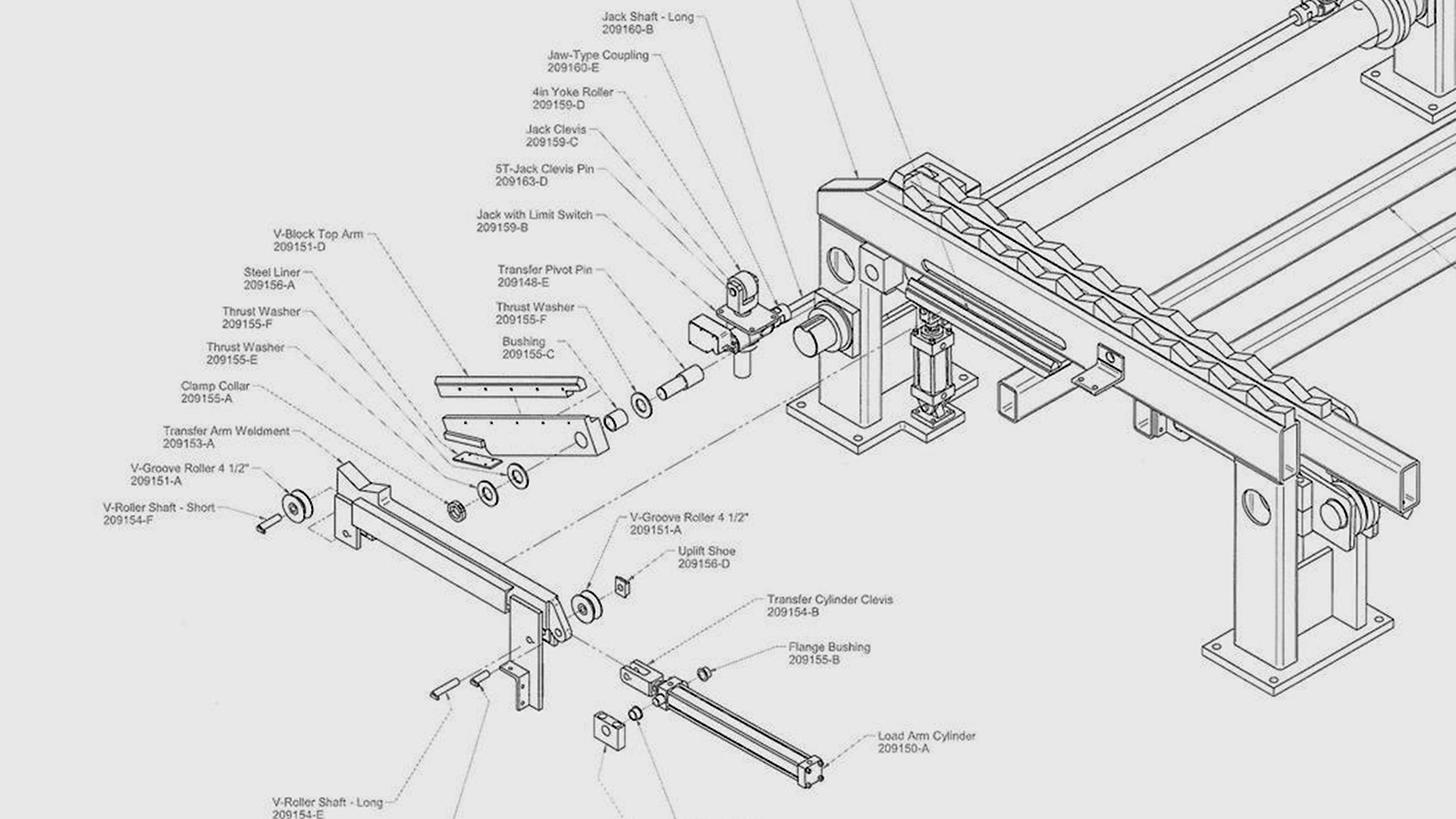Two decades ago, when I was just starting out in business, a close friend of mine gave me some blunt advice on my then unhealthy approach to sales. We were selling our design and writing services at very attractive (read: absurdly low) prices, believing that this was the most effective way to generate new business. His advice: “Any idiot can give away a product/service. It is the successful individual who knows how to charge top dollar.’ It was valuable advice that forced us to ask: did we want to be a firm charging low prices for low quality work, or did we want to do great work and capture that value in our fees?
Business is as much art as it is science. There is an art to capturing the full value of an offering by charging the highest price that potential clients will be prepared to pay. For many Asian manufacturers, capturing the full value of an offering is understood as selling a finished good at the highest possible volume—often achieved by charging the lowest possible price. My observation, however, is that the true value of Taiwan-based manufacturers lies less and less in the finished product, and more and more in the manufacturer’s engineering services. Taiwanese firms, it appears to me, give away this value for free, accepting minuscule returns for considerable effort.
Why aren’t Taiwanese firms trying to capture their full value by charging for their design and production engineering services?
The answer might lie in the fact that charging for services just isn’t common here in Taiwan. If you buy a bicycle at a local Taipei bike shop, you can expect service for the life of the product for free! In Taiwan, no one expects to pay for such a service. However, at bike shops anywhere in Europe or the US, one must be prepared to not only pay handsomely for service, but also wait as long as two weeks for that service to be provided!
As a nation, we are overlooking a huge, untapped opportunity to charge for engineering services. In a recent research paper — ROBUST GROWTH FOR ENGINEERING SERVICES OUTSOURCING — Jim Routzong of Information Services Group (ISG) reported that “market sources estimate that global spend on engineering services was around $930 billion in 2012, and will reach $1.4 trillion by 2020 – a growth rate of 50 percent in less than a decade.” Global outsourced R&D services alone grew 8.7% in 2015 to reach $36 billion, a segment led by multinationals such as France’s Capgemini and emerging players from India including HCL Technologies and Wipro.
It is very surprising that the Taiwan government, as well as local corporations, are not actively pursuing opportunities in this arena. As I have written in the past (link to article), Taiwan continues to cling to its past reliance on a business model of CP value. Even our new government’s ‘Go South’ policy appears, at least on the surface, to champion continued investment in contract manufacturing, just more of it in markets outside of China, rather than looking to promote the engineering service capabilities that lie at the heart of many domestic manufacturers.
It is easy to see that Taiwan lags behind developed markets of the West (even China) when it comes to professional services (think out-sourced engineering services, management consulting, marketing research consulting etc.). Taiwan’s services industry is minuscule compared to others because Taiwanese business owners and managers, in general, don’t believe in paying for such services. Yet while Taiwanese companies are loath to spend on external consulting services, companies overseas regularly employ external consultants and pay top dollar for professional services in the areas of research, development, and engineering. Global firms such as Accenture and Capgemini, among many others, have built impressive businesses on providing such services.
I am concerned about the continued and utterly misguided notion that manufacturers should stick to the formula that drove past success: offering a quality product at the cheapest possible price. Those days are now gone, ending for good by my account in 2009, following a sizable shift in the global economy driven by the global financial crisis and China’s massive and strategic investment in the country’s own, privately-held export manufacturers. And yet, Taiwan firms continue to cling to a past built on this CP Value business model and a proclivity to rely on constantly lower prices as the tool to win business.
It’s time to build a case for charging for engineering services, and to move away from solely selling competitively priced products.
In my opinion, the real value Taiwan’s manufacturers bring to the table is not just in the product, but is instead in the capabilities these firms offer in tandem with their product. These capabilities include design services, mechanical and electrical engineering services, technical customization services, among others. It is the quality and proficiency of these services that draw in customers from around the globe. (Of course, it must be noted that customers are also attracted by the fact that the majority Taiwanese firms give these services away for free, bundled in the price of the final product).
Serving others is something that Taiwanese do well. A generous spirit is part of the Taiwanese culture. In my experience, Taiwan citizens are always ready and willing, even happy to serve others. This makes Taiwan a special place. In the case of engineering services, nevertheless, why not charge for it? By charging for these services, companies will be able to put more emphasis on this aspect of their operations. In doing so, the quality and efficiency of these services will progress. In turn, the fees charged for these services will grow, and the wages paid to engineers will as well. There will be a spill over benefit for the greater Taiwan economy as a result.
In support of this direction, Jim Routzoug shares that “outsource-able spending on engineering services stood at around $325 billion in 2012, with off-shored spend comprising around $100 billion, or approximately 10 percent of the total market. Total outsourcing spend on engineering services is estimated to be growing 3-4 times the rate of total spend on engineering – an indicator of growing propensity to outsource engineering services.”
If I were responsible for putting together an economic plan for Taiwan’s future, I would make engineering services one of the pillars of that plan. I would help manufacturers learn how to market, sell and charge for such services. And I would promote success stories, such as Taiwan’s CTCI Corporation, which already provides advanced engineering services to multinational customers across the globe.
Taiwan is an island rich in engineering talent. At the heart of Taiwanese culture is a generous spirit. Yet, Taiwan doesn't need to give these services away for free. We should be capturing as much of this latent value as possible. We can and should be charging for our valuable engineering services and in doing so help to turn this latent value into an economic driver for Taiwan. As market research points out: the opportunity is immense. Forget products. Taiwan’s future is in engineering services.



